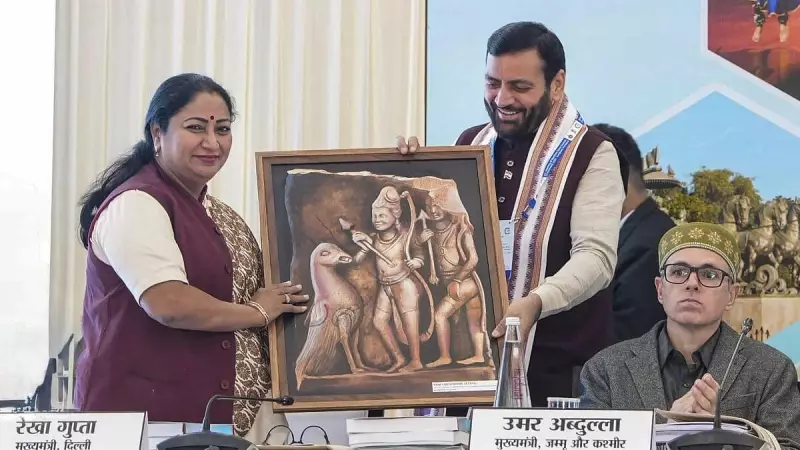
Delhi Chief Minister Rekha Gupta has brought two critical environmental issues to the forefront during the 32nd Northern Zonal Council meeting, highlighting the urgent need for regional cooperation to address shared challenges.
Key Demands at Regional Council Meeting
During the meeting held on November 17, 2025, and chaired by Union Home and Cooperation Minister Amit Shah, Chief Minister Gupta emphasized the interconnected nature of problems faced by Delhi and neighboring states. She specifically called for an increase in Delhi's share of Yamuna river water, citing the growing needs of the national capital's population.
The meeting, which saw participation from several northern states, provided a platform for discussing regional development and coordination matters. Gupta acknowledged Prime Minister Narendra Modi's vision of cooperative federalism as a strong foundation for nation-building, noting that the Northern Zonal Council represents the practical implementation of this philosophy.
Air Pollution Crisis and Regional Cooperation
The Delhi Chief Minister underscored that air pollution remains one of the most pressing environmental challenges affecting the entire northern region. She stressed that the transboundary nature of air pollution demands coordinated efforts among all neighboring states to achieve meaningful and lasting solutions.
Gupta pointed out that the problems of air quality management cannot be effectively addressed by Delhi alone, given that pollution sources and impacts extend beyond political boundaries. This position reflects the growing recognition that environmental issues require collaborative regional strategies rather than isolated state-level interventions.
Path Forward Through Collaborative Action
The Chief Minister's intervention at the council meeting highlighted that only through coordinated efforts can the northern states hope to achieve significant outcomes in addressing both water sharing and air pollution challenges. Her remarks emphasized the necessity of a united approach to environmental governance in the region.
The Northern Zonal Council mechanism, revitalized under the current government, serves as an important platform for such discussions. The meeting outcomes are expected to influence policy decisions and resource allocation concerning water distribution and air quality management across northern Indian states.
As Delhi continues to grapple with seasonal air quality crises and water security concerns, the demands raised by Chief Minister Gupta at this high-level meeting represent significant steps toward seeking sustainable, regionally-coordinated solutions to these persistent challenges.






